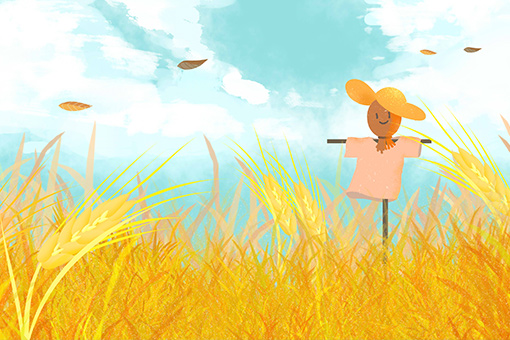From the perspective of material life, our era has the most abundance of material wealth in human history. We possess advanced devices and products such as airplanes, wireless, computers, etc. However, compared with ancient people, we lost freedom, which is the most precious thing in the world. We need to contemplate on this problem and make some proper choices, endeavoring to give ourself more freedom.
~Depicted from LUMINOUS WISDOM BOOK SERIES










